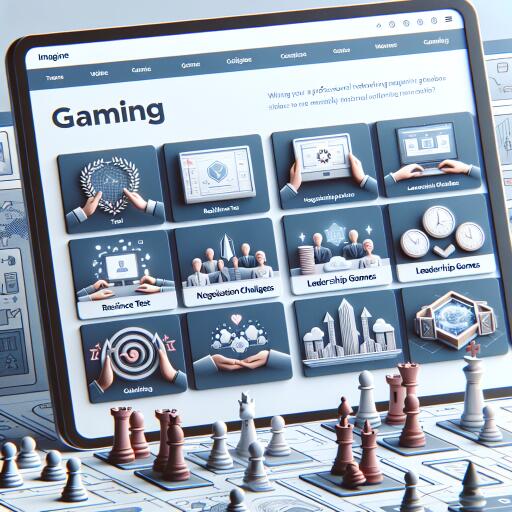LinkedIn Dives Into the Gaming Universe: A Bold Move Towards Enhanced User Engagement
In an unexpected yet intriguing pivot from its established identity, LinkedIn, the world’s premier professional networking and job recruitment hub boasting over a billion users, is venturing into the realm of gaming. This strategic evolution aims to enrich the platform’s user experience and foster longer engagement periods, marking a significant shift in how LinkedIn envisions interaction on its site.
The inspiration behind LinkedIn’s leap into gaming can be traced back to the viral success of simplistic puzzle games like Wordle, which have captivated millions worldwide. Observing the massive draw and community engagement these games have generated, LinkedIn is set to introduce its own lineup of gaming content, featuring titles like “Queen,” “Inference,” and “Crossclimb.” These games are not just mere entertainment but are designed to spark the puzzle craze among LinkedIn’s diverse user base.
A company spokesperson has provided confirmation of LinkedIn’s new gaming dimension, though the exact launch date remains under wraps. The initiative is framed as a creative method to amplify enjoyment, foster deeper connections, and kindle meaningful conversations within the LinkedIn community. This approach aims to leverage the universal appeal of puzzle games to enhance the platform’s social fabric.
LinkedIn’s foray into gaming doesn’t come out of the blue but aligns with its parent company’s, Microsoft, dominant stance in the gaming industry. Microsoft’s portfolio, which includes Xbox and the acquisition of gaming behemoth Activision Blizzard, positions LinkedIn’s gaming venture as a complementary extension of its broader gaming strategy. However, the specifics of Microsoft’s role and the extent of its involvement in this new venture remain confidential.
The sharp turn towards integrating gaming into its platform highlights LinkedIn’s adaptive strategy amidst evolving user preferences and interests. While LinkedIn has traditionally focused on professional development and content creation tools, the introduction of gaming underscores a broader vision. It recognizes the potential of games as a unique vehicle for engagement, aiming to blend the professional with the playful in a way that enriches the user experience.
This initiative represents a bold step for LinkedIn, suggesting that the boundary between professional networking and entertainment is more permeable than previously thought. It invites users to glimpse a future where professional growth and leisure not only coexist but complement each other on the world’s largest professional networking platform.
As the details of LinkedIn’s gaming project unfold, the initiative could set a precedent for how professional networks innovate to meet the changing needs and desires of their users. Whether this gamble pays off will be watched closely by industry observers and LinkedIn’s global user base alike. What is clear, however, is that LinkedIn is willing to reimagine the possibilities of professional networking — game on.








